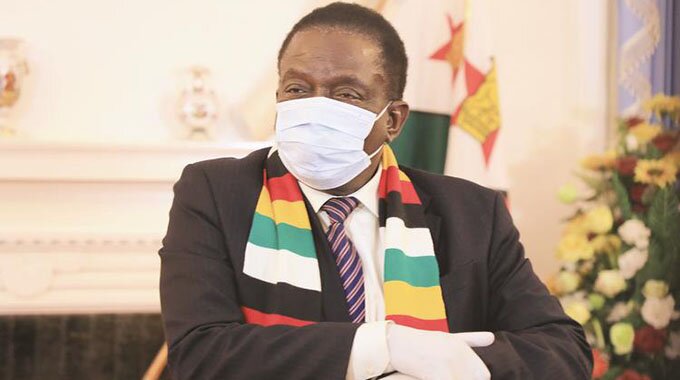GOVERNMENT is planning to introduce a national service orientation programme for school leavers by the end of next year, Primary and Secondary Education Minister Paul Mavima has said.
Mavima told a Midlands Provincial prize giving day in Kwekwe last Friday that government was crafting a national policy for school leavers which will see them taking a gap year upon completion of either Ordinary Level or Advanced Level before proceeding to the next stage.
“I am going to introduce a very controversial programme for those who are coming out of Ordinary Level as the terminal primary and career are going to be in a national service orientation programme for one year,” said Mavhima, adding that the programme will be compulsory.
“In countries such as China. They go for two years undertaking such programmes. In Zimbabwe, we don’t have the adaptive capacity to take learners for two years.”
The programme seems to have been fashioned along the lines of the controversial national youth service that churned out some Zanu PF aligned youths used as political storm-troopers by the ruling party during elections.
Mavima said the programme is aimed at imparting skills that include, “critical thinking, problem solving, self management, communication, leadership, initiative and entrepreneurship” as well as mould “a complete individual who will contribute to national development.”
“This skills based education is going to mould a complete individual who can fit well in the modern society and to have a value system based on Ubuntu or Hunhu,” Mavima said.
Mavima added he was also working on a mentorship programme for school leavers.
“I am working with youngsters where we are currently asking for farms that are underutilised. Our aim is to place the school leavers in those farms where intensive production will take place. We have just received our first farm which is 1000 hectares. It is going to accommodate at least 400 school leavers.
“We want the youngsters to be millionaires within the next 10 years. We have a clear strategy and we want to replicate the programme in the country’s ten provinces,” the Cabinet Minister said.
“The country cannot talk of unemployment when there are abundant resources. The graduates from our schools must be able to transform the socio-economic situation of the country. We can reduce unemployment through the provision of relevant education.”



